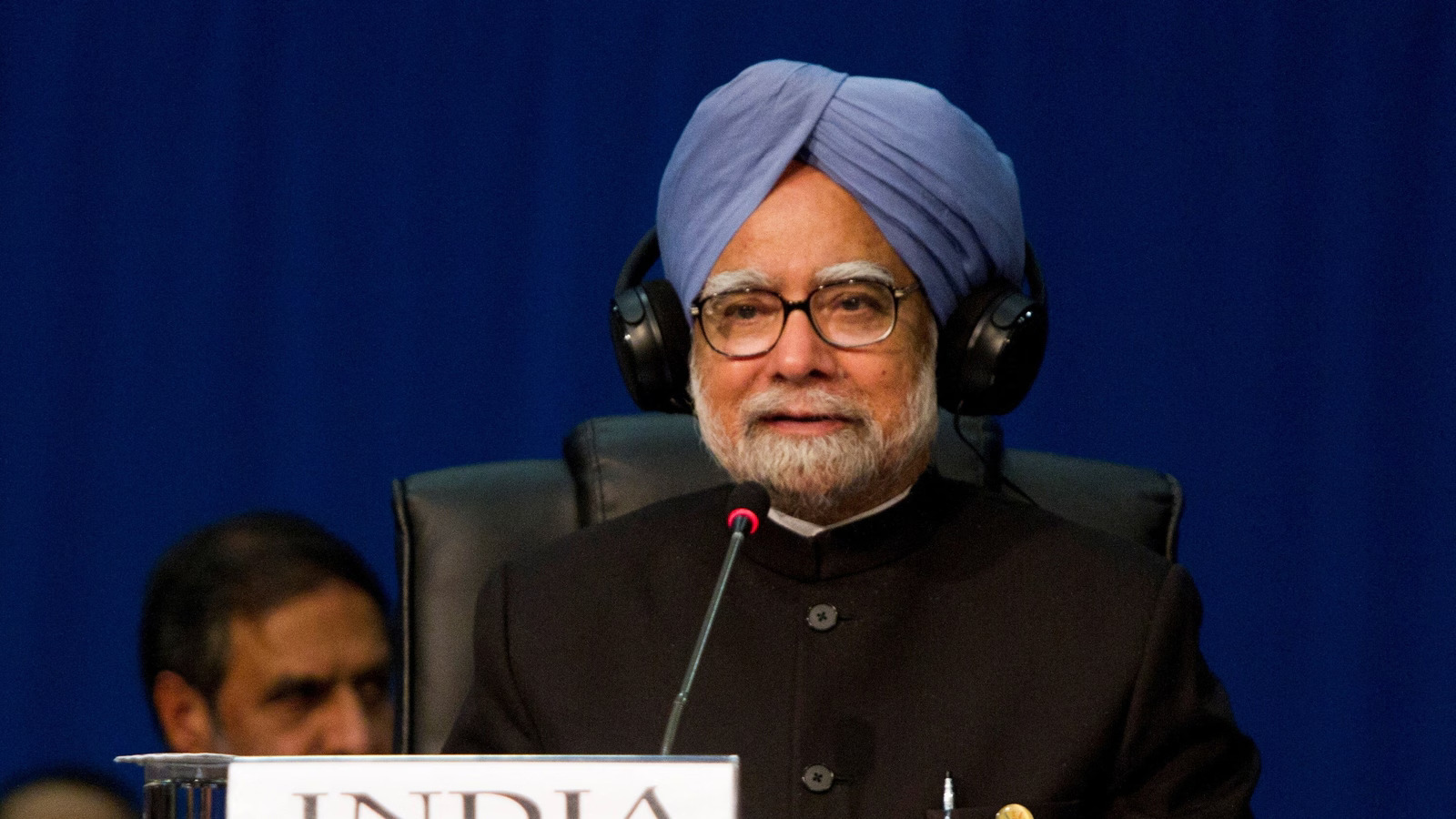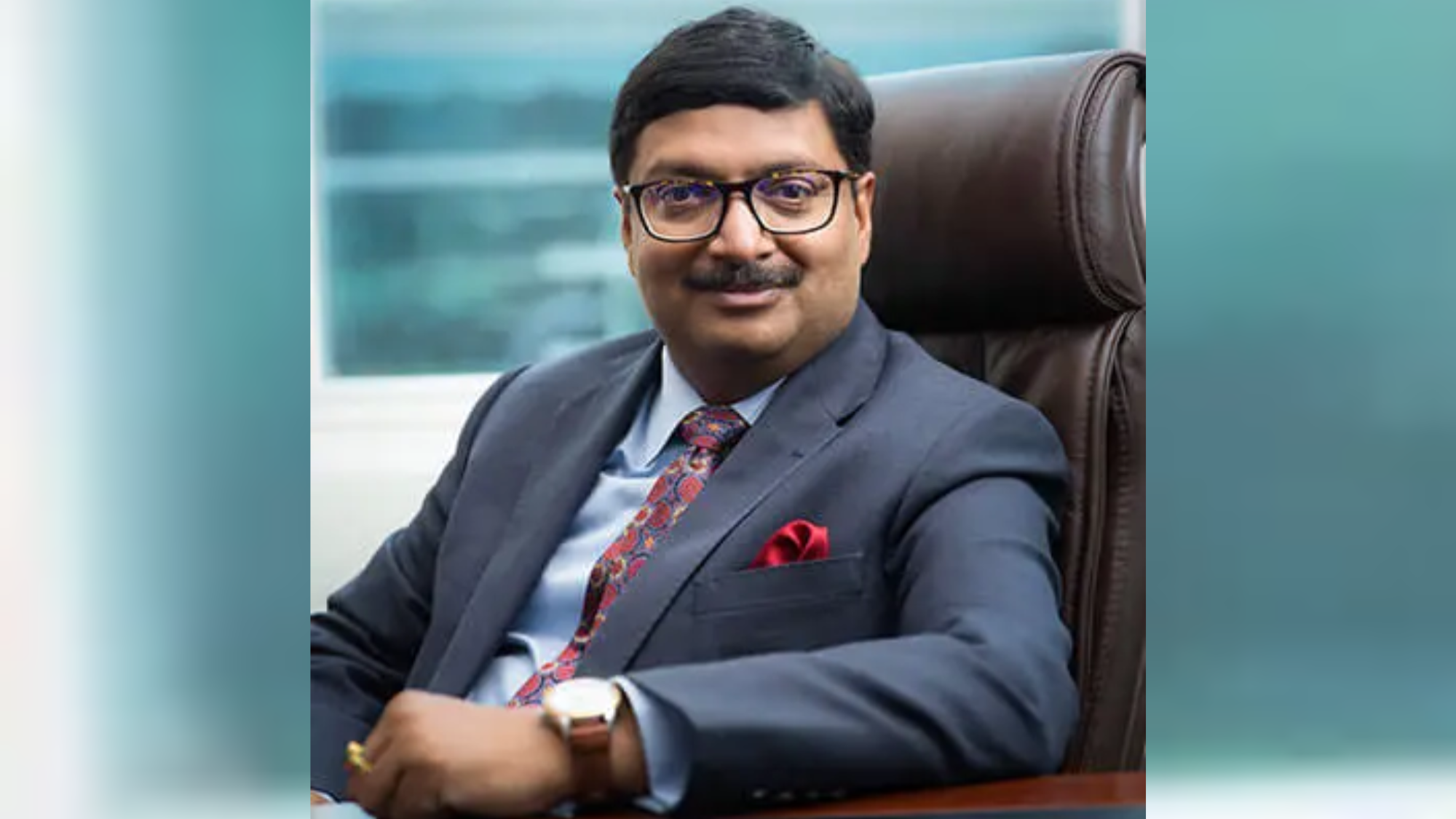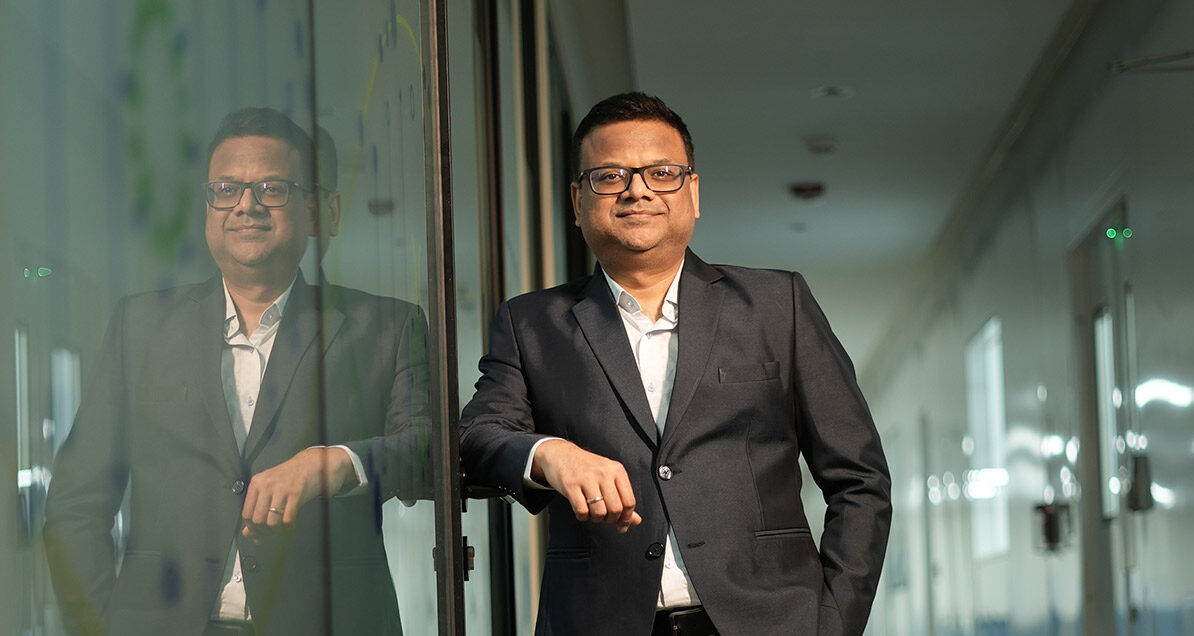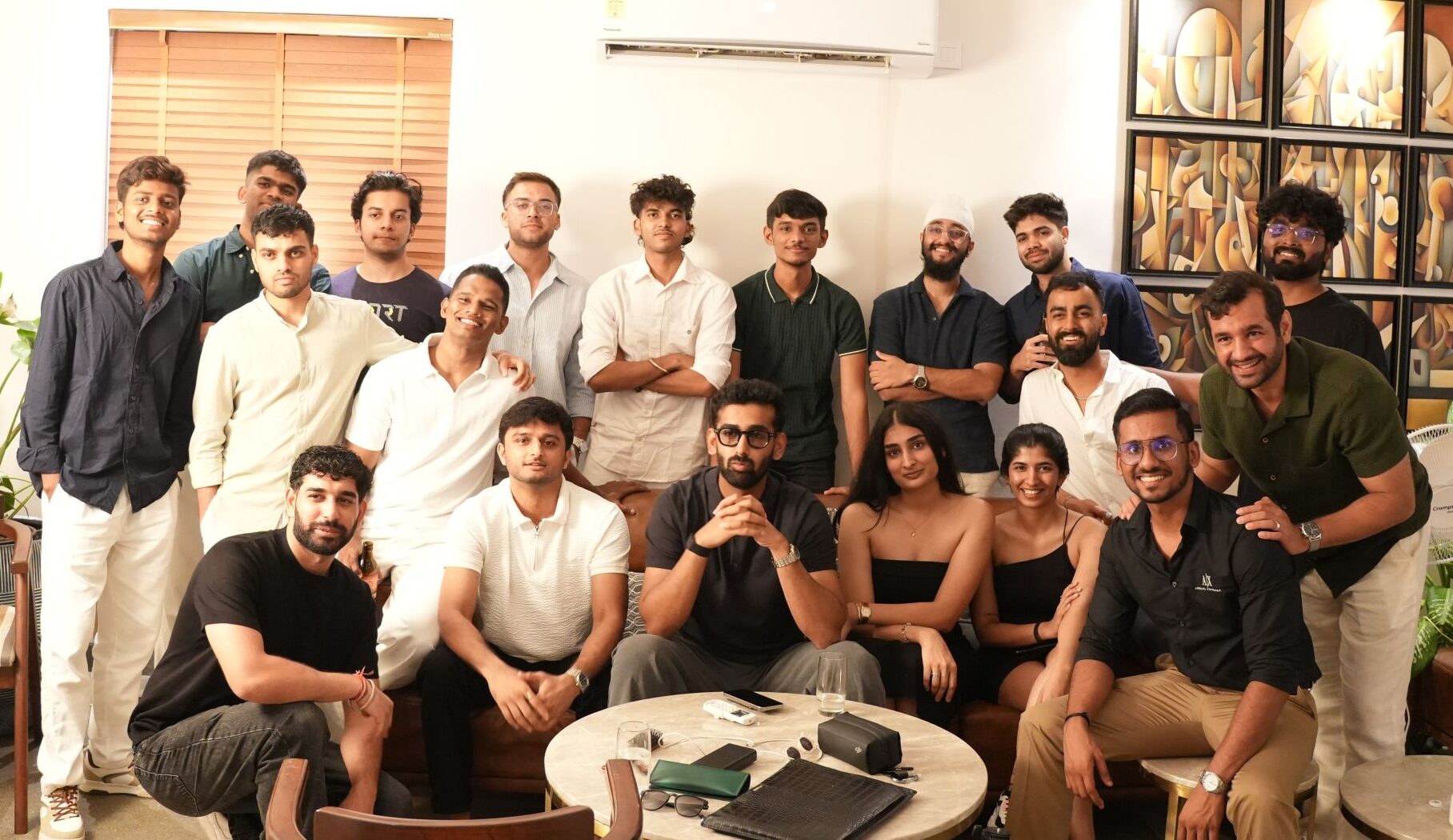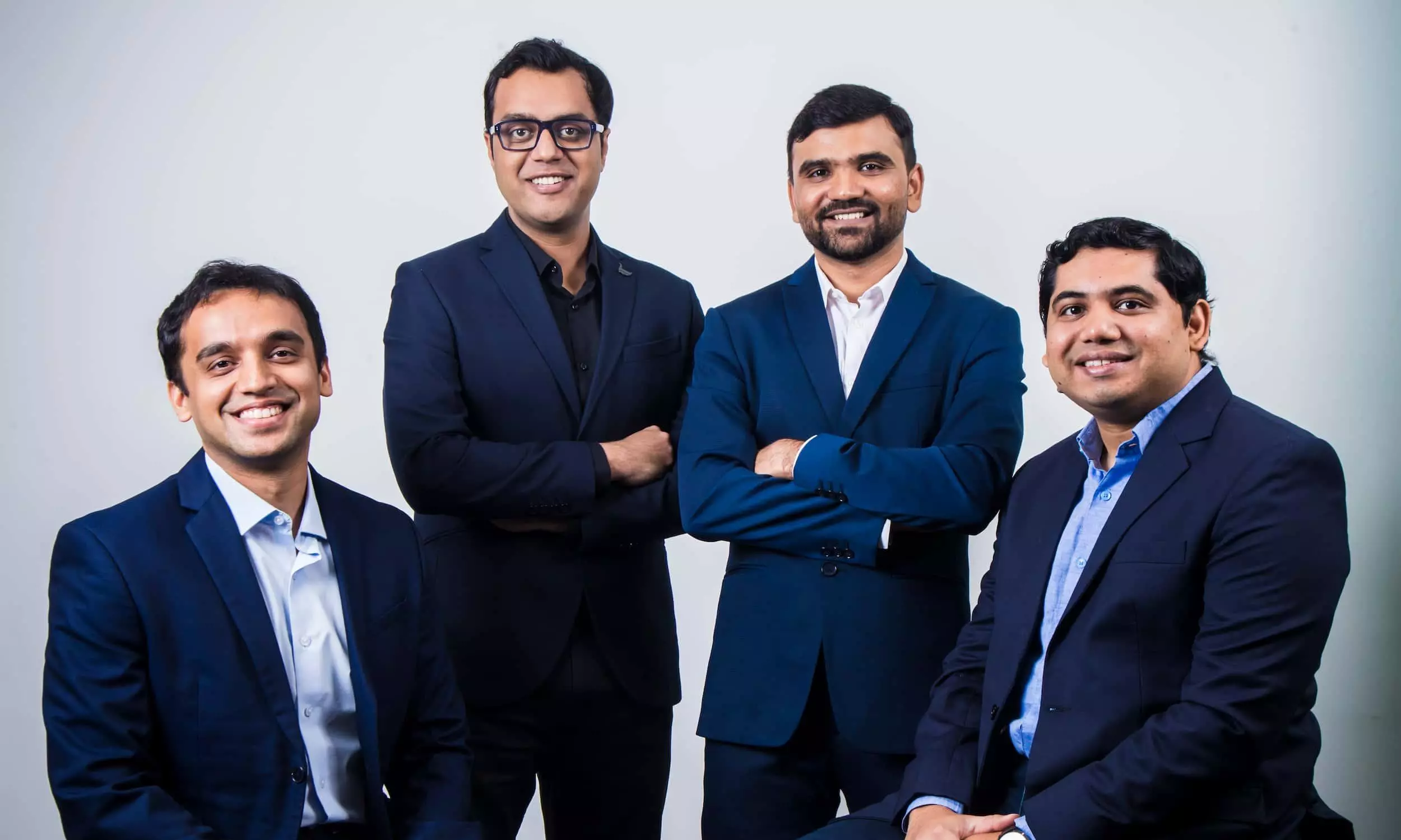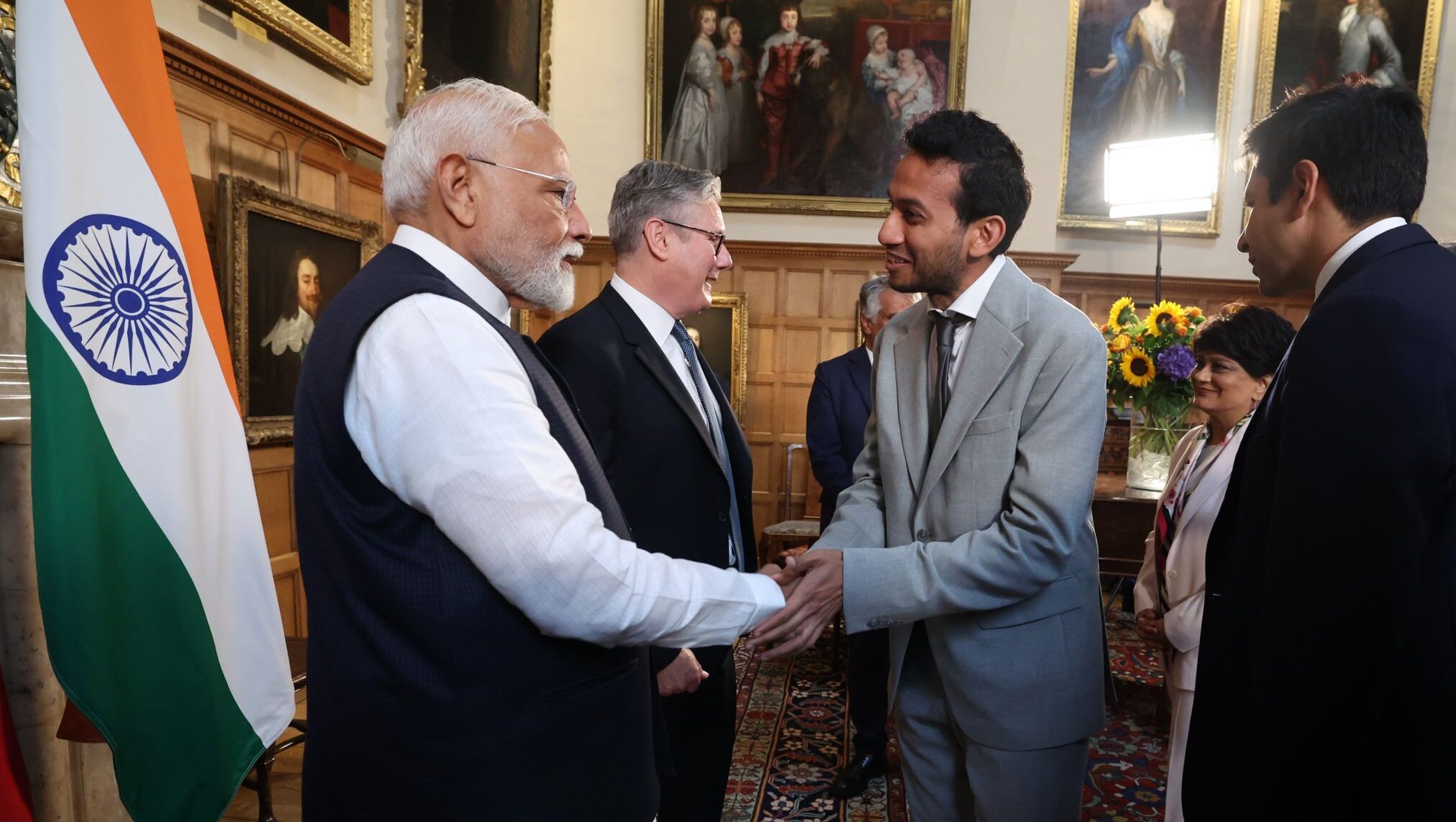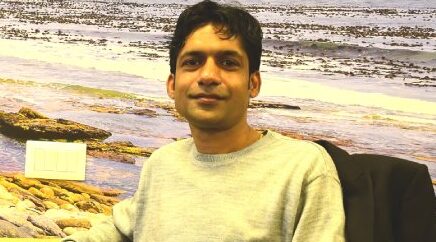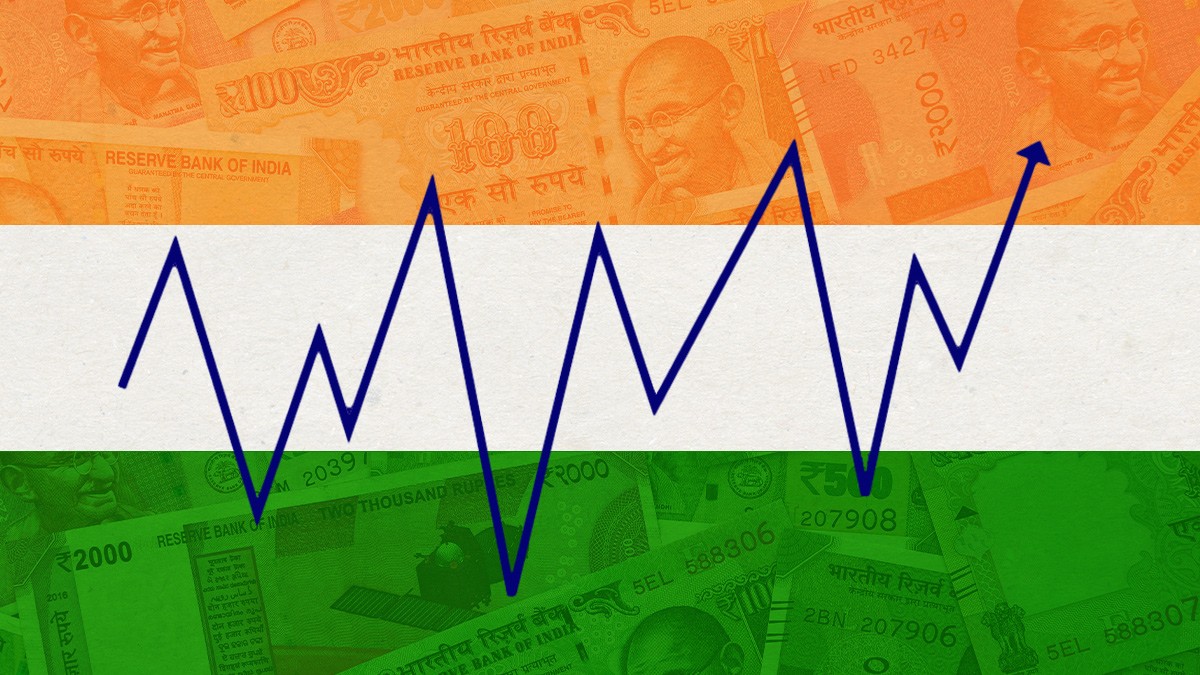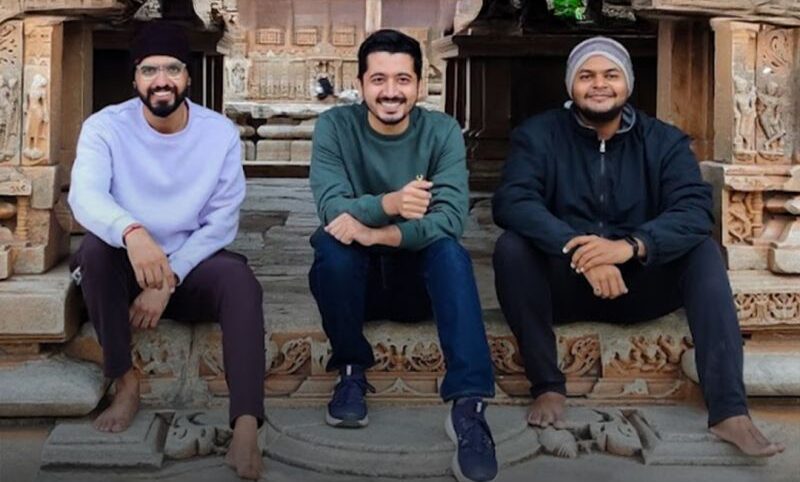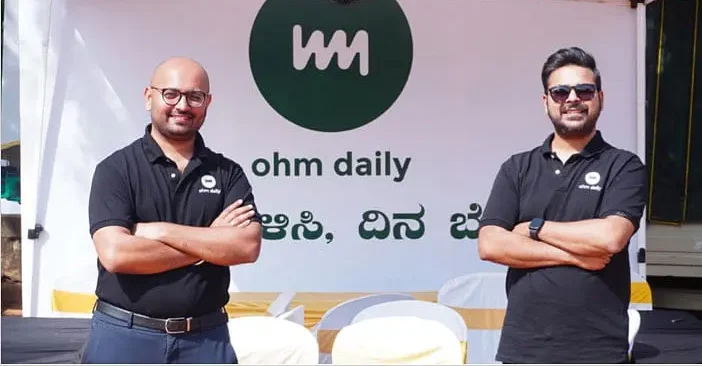Dr. Manmohan Singh, renowned as one of India’s most transformative leaders, was pivotal in steering the nation towards economic stability and growth. From being a celebrated economist to serving as the Prime Minister from 2004 to 2014, his legacy is deeply tied to bold reforms and inclusive policies that reshaped India’s economic landscape. His journey, marked by intellectual brilliance and political acumen, inspires generations.
The early years
Dr. Manmohan Singh was born on September 26, 1932, in Gah, West Punjab (now in Pakistan). His academic journey was as illustrious as his career. After completing his BA and MA in Economics from Panjab University, he went to the University of Cambridge for a First Class Honours degree in 1957. He later earned his D.Phil. from Nuffield College, Oxford, in 1962.
His professional life began as an educator at the Delhi School of Economics and Panjab University before taking on roles at the UN Conference on Trade and Development (UNCTAD). Dr. Singh’s expertise in economics earned him positions like Economic Advisor in the Ministry of Commerce (1971) and later Chief Economic Advisor and Finance Secretary in the Ministry of Finance.
The game-changing years
Manmohan Singh’s tenure as Finance Minister from 1991 to 1996 is widely regarded as a turning point in India’s economic history. Amid a severe balance-of-payments crisis, his bold liberalisation measures included:
- Devaluation of the rupee
- Reduction of trade barriers
- Attraction of foreign direct investment
- Tax reforms to improve revenue generation
These reforms stabilised India’s economy and laid the groundwork for decades of growth, lifting the country from the brink of economic collapse.
Leadership as Prime Minister
Dr. Singh became India’s first Sikh Prime Minister in 2004, leading the Congress-led government for two consecutive terms. His leadership emphasised inclusive growth with landmark initiatives such as:
- The Right to Education Act
- The National Rural Employment Guarantee Act
- The National Food Security Act
These policies addressed poverty alleviation, education, and food security, lifting millions out of poverty. Under his leadership, India also solidified its position as a major global economic power, achieving remarkable GDP growth rates.
Challenges and legacy
While his second term faced challenges such as inflation, corruption scandals, and administrative criticisms, Singh’s achievements in economic policymaking remain unparalleled. Awarded the Padma Vibhushan in 1987, his contributions continue to define India’s economic narrative.
The architect of modern India’s economy
Dr. Manmohan Singh’s vision and leadership transformed India’s economic landscape. From navigating crises to initiating reforms, his efforts empowered millions and set the foundation for India’s rise as a global economic powerhouse. His legacy endures as an inspiration for leaders and policymakers worldwide.









